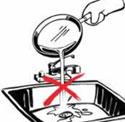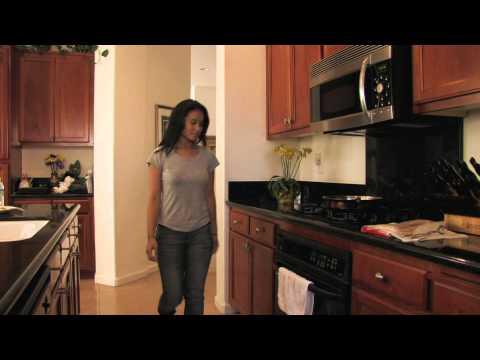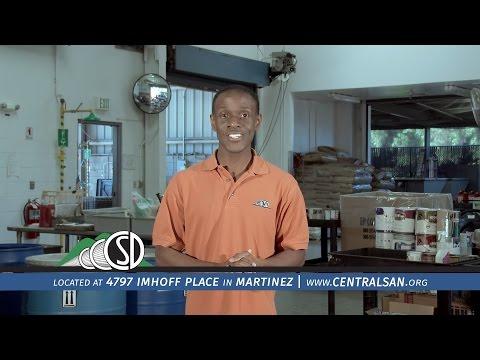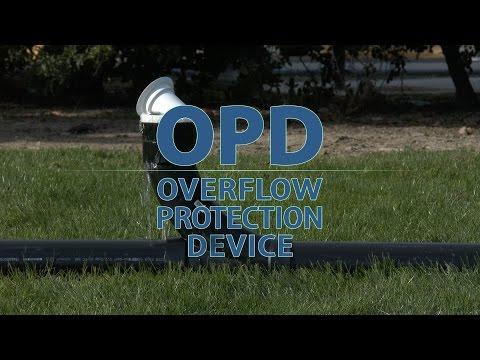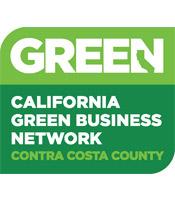Residents Pollution Prevention
Fats, Oils and Grease (FOG)
How to Prevent FOG from Damaging Your Home and the Environment
Fats, oils, and grease (FOG) are a leading cause of sewer clogs and overflows, which can cause health hazards, damage home interiors, and threaten the environment.
FOG can get into the sewer from household drains as well as from poorly maintained grease traps in restaurants and other businesses.
Read or print out our FOG Brochure and learn more by watching the videos below:
Where does grease come from?
Most of us know grease is a byproduct of cooking. Grease is found in such things as:
Overflow Protection Device
Protect YOUR Property from Sewage Overflow with an Overflow Protection Device
Wherever a sewer system exists, so does the potential for
overflows.
Most sewage overflows occur when sewer lines are blocked by
roots, grease, debris, or breakage. Raw sewage can then backup
into your home or business, resulting in property damage and
environmental problems.
Don’t Flush the “Flushables”
Flush only human waste and toilet paper.
Many personal hygiene wipes and cleaning products are marketed as being “flushable.” But despite the confusing and misleading labels, you should never flush “flushable” or “disposable” products. No matter what a label says, the only items you should flush are human waste and toilet paper.
Pharmaceutical Disposal Program
Never flush medications down the toilet!
Flushing drugs down the toilet is the least desirable of all disposal alternatives. Scientific studies show the chemicals in many drugs can harm aquatic life. Wastewater treatment facilities are not equipped to remove all traces of pharmaceutical chemicals. If you flush your drugs, a portion of those contaminants will reach local waters.
Home & Garden
Today’s gardeners, homeowners, and pet lovers are looking for ways to manage pest problems with little or no use of toxic materials. Many are relying on a strategy called Integrated Pest Management or IPM.
Shop Green Businesses
The Green Business Program recognizes businesses that comply with all environmental regulations and take action to conserve resources and prevent pollution.
Currently the Green Business Program has certified a number of businesses in Contra Costa County. To sign up to be a Green Business or to find Green Businesses in your area, go to: www.greenbusinessca.org.

